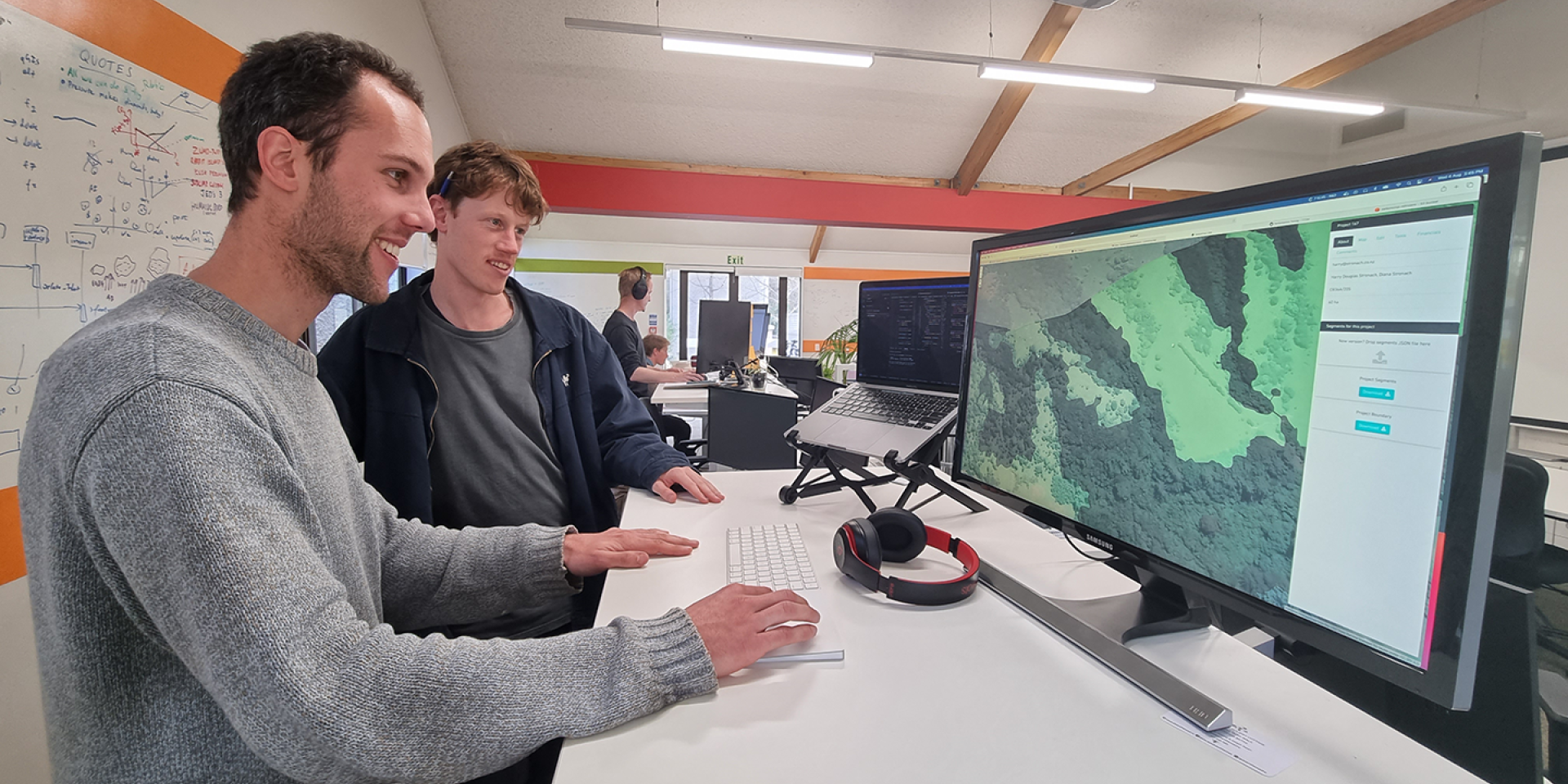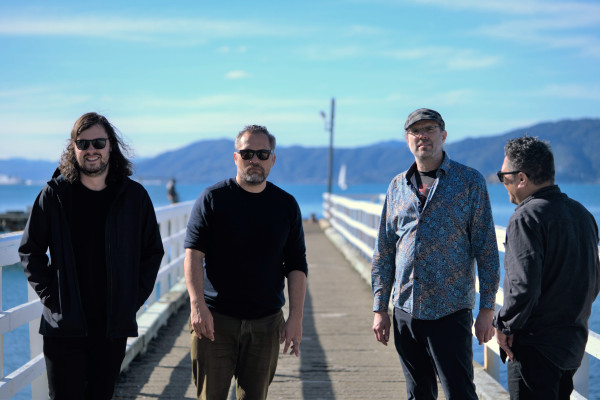In the fight against climate change, incentives such as carbon credits are a key part of encouraging reforestation efforts.
But while the complexity of accessing such incentives means carbon markets have so far been dominated by exotic forests and large forestry players, a Nelson AI startup wants to encourage native reforestation – and help the little guys get in on the action, too.
CarbonCrop is developing a technology platform that makes accessing carbon credits simple, fast and low-risk – not only opening up the market for smaller landholders but, ultimately, aiming to pull an extra billion tonnes of carbon dioxide globally out of the atmosphere.
Removing the friction
The legislation, rules and processes around accessing carbon credits are rigorous for good reason, explains CarbonCrop CEO Nick Butcher, to ensure the integrity of carbon markets.
“There’s already a large market for carbon credits in NZ; for forestry it’s currently worth around $300 million annually, but it’s mostly for exotic forests,”
- says Butcher.
“CarbonCrop wants to enable a huge, additional stream of credits going to indigenous reforestation by making it easy for landowners to access the incentives.
“There’s more than a million hectares of degraded, low-productivity land in NZ that, if restored to native forest, has the potential to generate around $500 million annually in carbon credits.”
A primary challenge when accessing carbon credits for reforestation projects is proving not only what forest currently exists on the land – and of what type – but what was there in the past, and what will be there in the future.
CarbonCrop’s solution uses a range of technologies such as GIS, and data sets relating to everything from climate to topography to satellite imagery. It then uses AI to bring that disparate information together to create an accurate picture of what is, and will be, eligible for carbon credits.
The business supports landowners through a three-step process from land assessment, to developing a land strategy and, ultimately, setting them up in the Emissions Trading Scheme. The process is fast, simple and free for landowners, with CarbonCrop taking a small percentage of any returns from carbon credits ultimately accessed.
Getting off the ground
CarbonCrop was spun out of NAI – the Nelson Artificial Intelligence Institute, which nurtures ventures applying AI to solve global environmental problems – in December.
In April, CarbonCrop gained $1.5 million in investment, led by early-stage deep tech venture capital firm WNT Ventures.
WNT Ventures is one of four partners in Callaghan Innovation’s Technology Incubator Programme, which supports the commercialisation of complex products and technologies; the investment includes accessing $750,000 of Callaghan Innovation repayable grant funding, which is available through the programme.
The incubator programme aims to help de-risk investment in early-stage businesses founded on complex, deep technologies, which have a higher investment risk profile, says WNT Ventures Managing Partner Carl Jones.
Jones says WNT Ventures is providing support to the business in a range of other ways alongside the investment, including helping build the team’s commercial capabilities, and through governance.
“Staying closely engaged is critical to helping these kinds of businesses,” says Jones, “because whatever challenges they’re facing, we’ve usually seen them with half a dozen other businesses before.”
Butcher says support through the incubator programme has been vital.
“We’re building complicated technology, for which we think there’s enormous potential, but it costs money to get that going. WNT Ventures and Callaghan Innovation are enabling us to get this off the ground; without that support CarbonCrop wouldn’t exist, and landowners wouldn’t be creating the forest.”
CarbonCrop’s technology is already being used by NZ customers, but the opportunity for the business is truly global, he says.
“We’ve lost around a billion hectares of forest globally, and if we were to capture carbon credits for the reforestation of that, it would be worth in the order of $300 billion annually.”
“Those landscapes were historically forest until they were cleared for other purposes – and it would be nice to have them back.”
Interested landowners can request a free land assessment at Carboncrop.nz.





